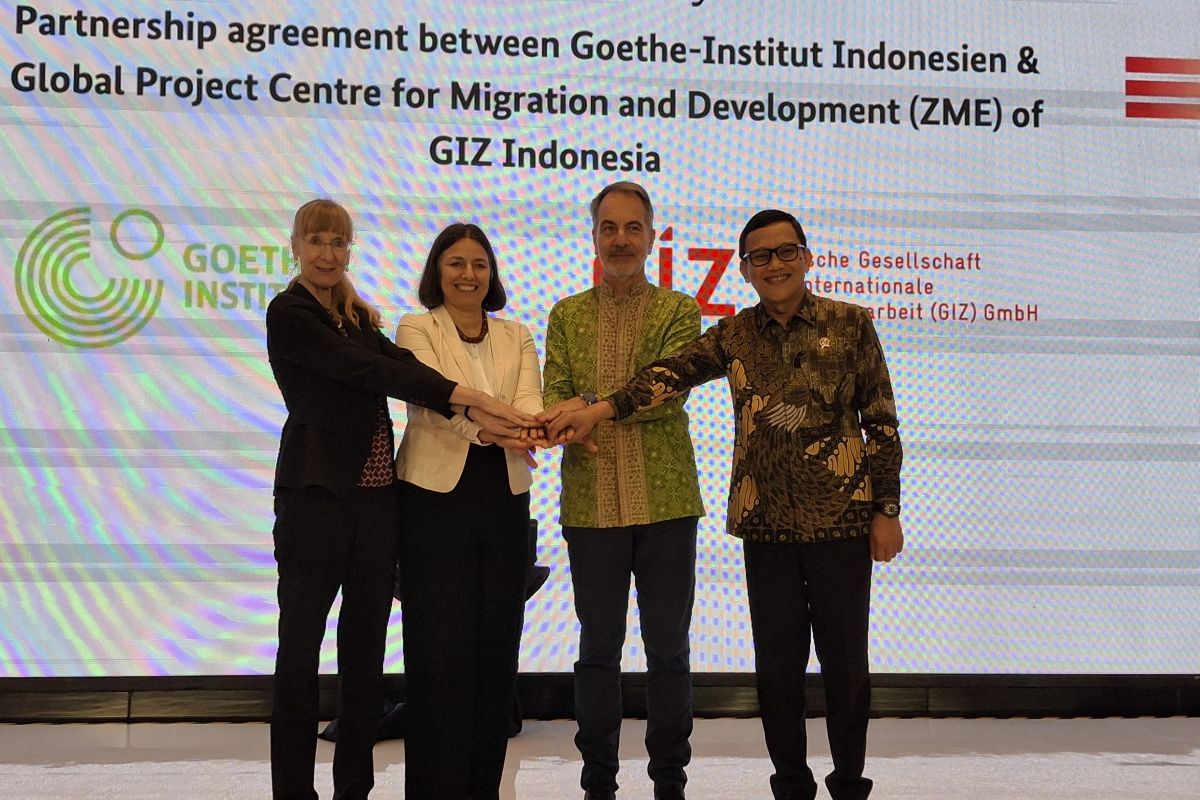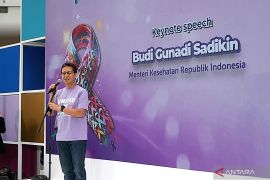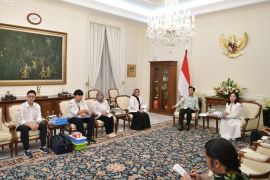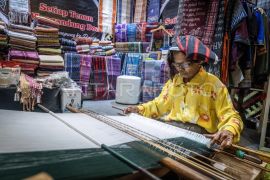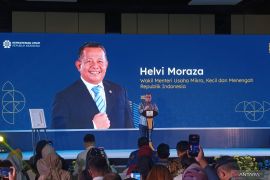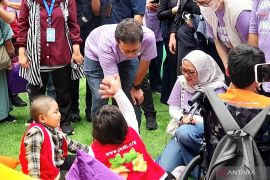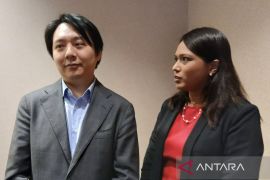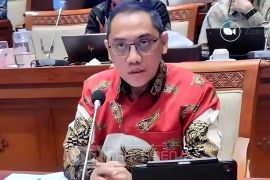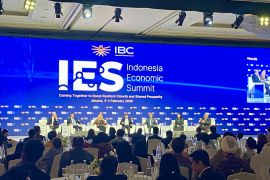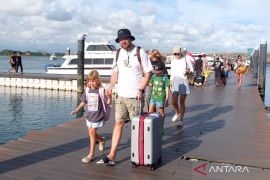“This collaboration strengthens our spirit and provides tangible support to drive comprehensive improvements,” said KP2MI Minister Abdul Kadir Karding at the "Indonesia-Germany Strategic Partnership: Strengthening Labor Migration Governance in Indonesia" meeting held in Jakarta on Thursday.
Karding expressed hope that both nations would ensure better governance in worker placements, especially to safeguard the rights and welfare of Indonesians seeking employment in Germany and other European countries.
To support this commitment, both parties convened a high-level dialogue involving multiple stakeholders and launched two service centers dedicated to migrant worker support.
The first, the Integrated Information Center for Migration, Vocational and Development Indonesia (MOVE-ID), was inaugurated in Bandung and Mataram. This initiative was initiated by Deutsche Gesellschaft für Internationale Zusammenarbeit (GIZ) on behalf of Germany’s Federal Ministry for Economic Cooperation and Development (BMZ).
Related news: Indonesia seeks continued German support for vocational training
The second center, the Southeast Asian Competence Center for Skilled Worker Migration to Germany (KSM), was launched by the Goethe-Institut Indonesien in Bandung.
These initiatives were reinforced by a memorandum of understanding (MoU) signed between GIZ and the Goethe-Institut Indonesien.
German Ambassador to Indonesia Ina Lepel explained that the collaboration stems from Germany’s pressing demographic challenges, as the country faces an aging population with fewer young, productive citizens. The shortage of workers and rising demand for skilled professionals in key sectors such as healthcare, engineering, IT, green jobs, hospitality, and construction have driven Germany to seek long-term solutions aligned with global labor trends.
Meanwhile, Indonesia is experiencing a demographic bonus, marked by a growing proportion of young and productive individuals.
“Germany’s decarbonization and digitalization efforts further increase the need for skilled workers,” Lepel said.
“Germany’s demographic challenges and Indonesia’s young, skilled workforce offer a valuable opportunity to build strong partnerships grounded in mutual respect, shared responsibility, and common goals,” she added.
Related news: RI, Germany wrap up talks on development cooperation
Related news: Indonesia, Germany partner on industrial vocational training
Related news: Indonesia's 11 universities explore new collaboration with Germany
Reporter: Katriana
Editor: M Razi Rahman
Copyright © ANTARA 2025
